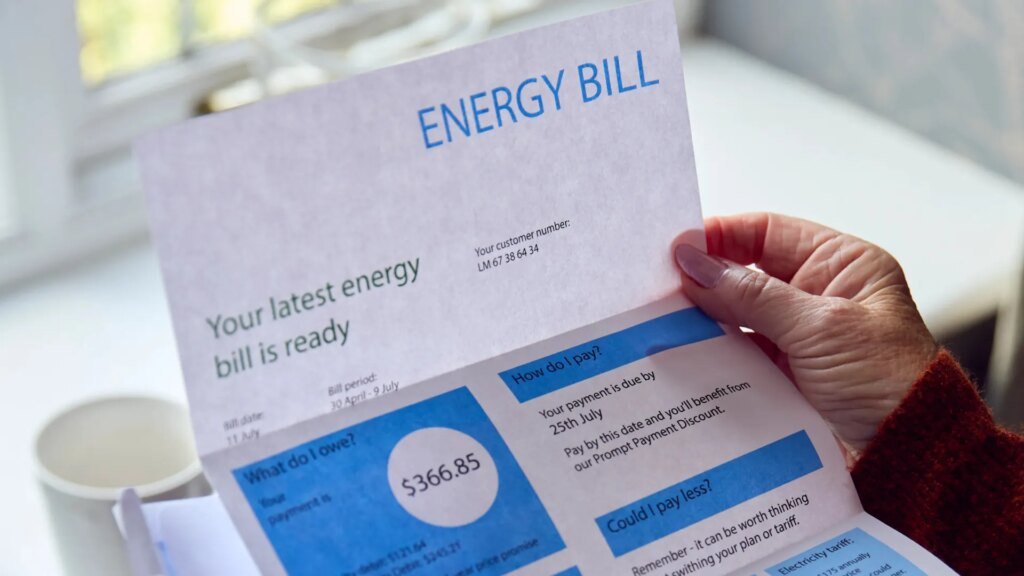ENERGY bills will be slashed by £150 under plans announced in the Budget to help ease the cost of living for households.
Rachel Reeves unveiled a package of support for families in her Autumn Statement today.
The measures include cuts to green levies that make electricity pricier than gas.
She said: “One of the greatest drivers of the rising cost of living is the cost of energy. The cause of high energy bills must be tackled at source, and so we are investing in energy security – in nuclear and renewable energy – and in insulation through the Warm Homes Plan.
“But that’s not enough, when people are struggling with energy bills today.”
“So I am scrapping that scheme along with taking other legacy costs off bills.
“And a result, I can tell you today that, for every family we are keeping our promise to get energy bills down and cut the cost of living – with £150 cut from the average household energy bill from April.”
It was hoped the Chancellor would cut the 5% VAT on gas and electricity, which would have slashed the average yearly energy bill by £86.
But it was confirmed today that Reeves will keep this measure in place.
The supports were revealed in Budget documents leaked by the Office for Budget Responsibility (OBR) on Wednesday in an embarrassing blunder.
The report would normally only be released after the Chancellor has finished speaking and already outlined all the measures of the Budget.
Measures announced in today’s Budget include…
News of government support on energy bills will come as a relief to millions of households around the country, as they brace for energy bills to rise in the new year and go up even further in the spring.
Households using a typical amount of energy will see their bills hiked to £1,758 from January 1, after regulator Ofgem announced a surprise increase to its price cap last week.
The rise equates to an average increase of 28p a month, and marks another increase after bills rose by 2% – or £35 a year – in October.
Ofgem changes the price cap for households every three months, largely based on the cost of energy on wholesale markets.
Only those on standard variable tariffs are impacted by the changes. Households on fixed tariffs don’t see their bills go up or down.
Meanwhile, experts have also warned that families face another £75 increase in the spring due to energy network maintenance and upgrades.
And in a further blow to households, bills are predicted to go up by another £100 next due to the Government’s net zero policies.
Analysts Cornwall Insight said eco policies being pushed by energy secretary Ed Miliband will force the April price cap to go up.
Labour promised in its election manifesto last year to bring down energy bills by £300 a year by 2030.
The Chancellor was urged to focus on cutting electricity bills – instead of gas bills – in her Budget by a coalition of energy companies, consumer groups and environmental organisations.
Cutting VAT on gas and electricity, they said, would send the wrong signal.
They argued cheaper electricity would help more families and speed up the switch to cleaner heating and transport, while giving the economy a boost.
They said that many extra costs, including network upgrades, support for renewable projects and home energy efficiency schemes, are added to electricity bills rather than gas.
This has made electricity much more expensive, making it harder for households to switch to heat pumps and electric cars and leaving businesses paying more than they should.
What help is available for energy bills?
If you’re struggling and need help to pay your energy bills now, there are several support schemes and grants you could get.
If you’re on benefits, you may be entitled to the Warm Home Discount, which offers households £150 payments to go towards their energy costs.
To be eligible for the discount you need to have been claiming one of seven means-tested benefits on August 24:
- Guaranteed credit element of pension credit
- Income support
- Income based jobseeker’s allowance
- Income related employment and support allowance
- Housing benefit
- Universal Credit
- The “Savings Credit” part of pension credit
There is no need to apply for the cash as households in England and Wales get it automatically.
You’ll get a letter from the DWP in the post by early January if you’re eligible, and your electricity supplier will apply the discount to your bill by March 31, 2026.
Struggling families may also be able to get energy support via the government’s Household Support Fund (HSF).
Eligibility criteria varies based on where you live but help is typically offered to those on a low income.
You should contact your local council to see what support is on offer.
If you’re a pensioner, you may be able to get pension credit which can help towards your bills.
Winter Fuel Payments and Cold Weather Payments are also available from the government, and you should get these automatically if you qualify.
It’s also worth checking with your energy supplier if they offer any support schemes to help with bills.
For example, Octopus Energy’s Octo Assist Scheme provides grants, standing charge holidays and debt write-offs, as well as free electric blankets.
While E.ON Next’s Energy Fund allows customers to apply to clear their debts, and offers heated throws and rechargeable foot warmers.





